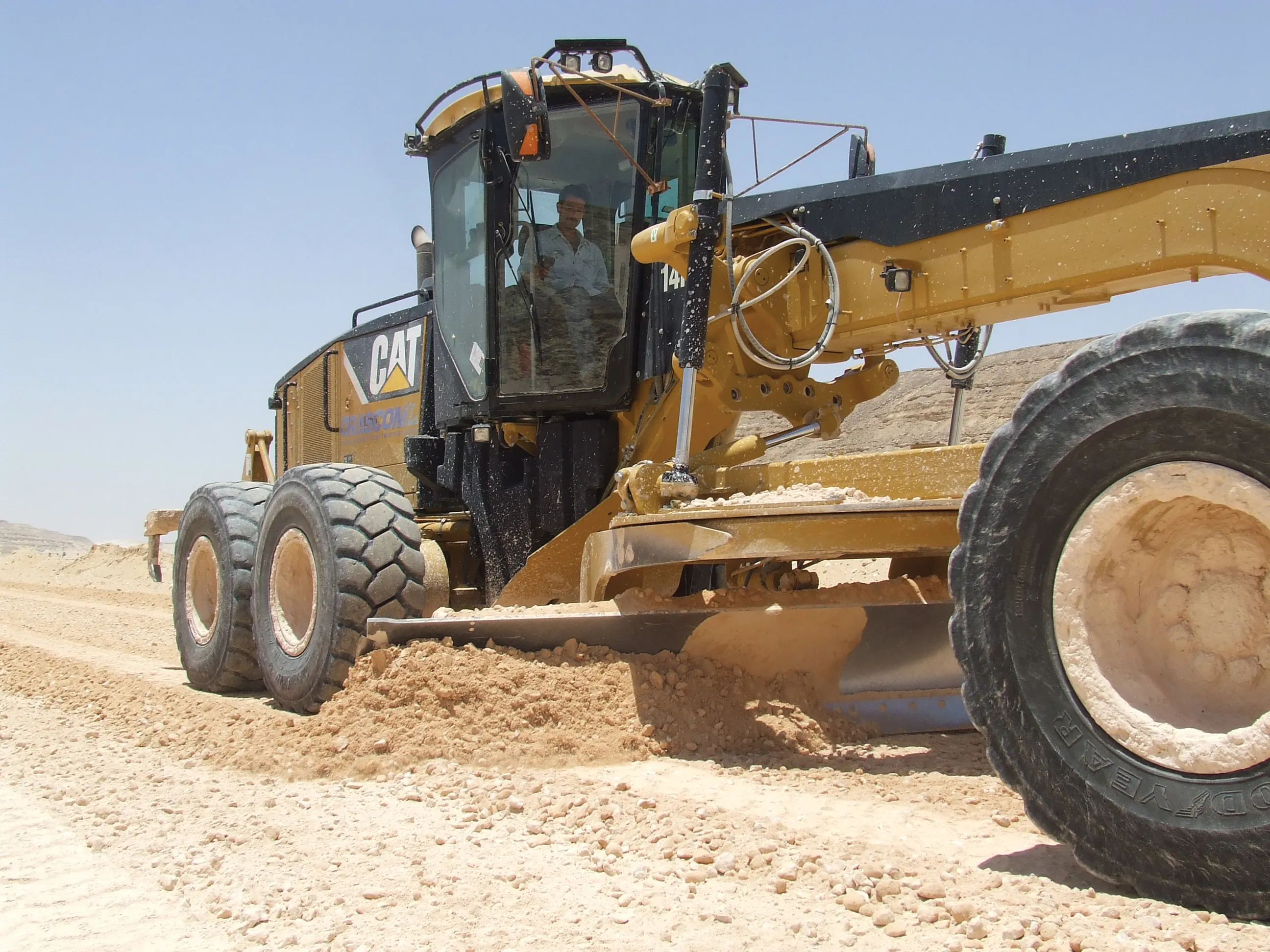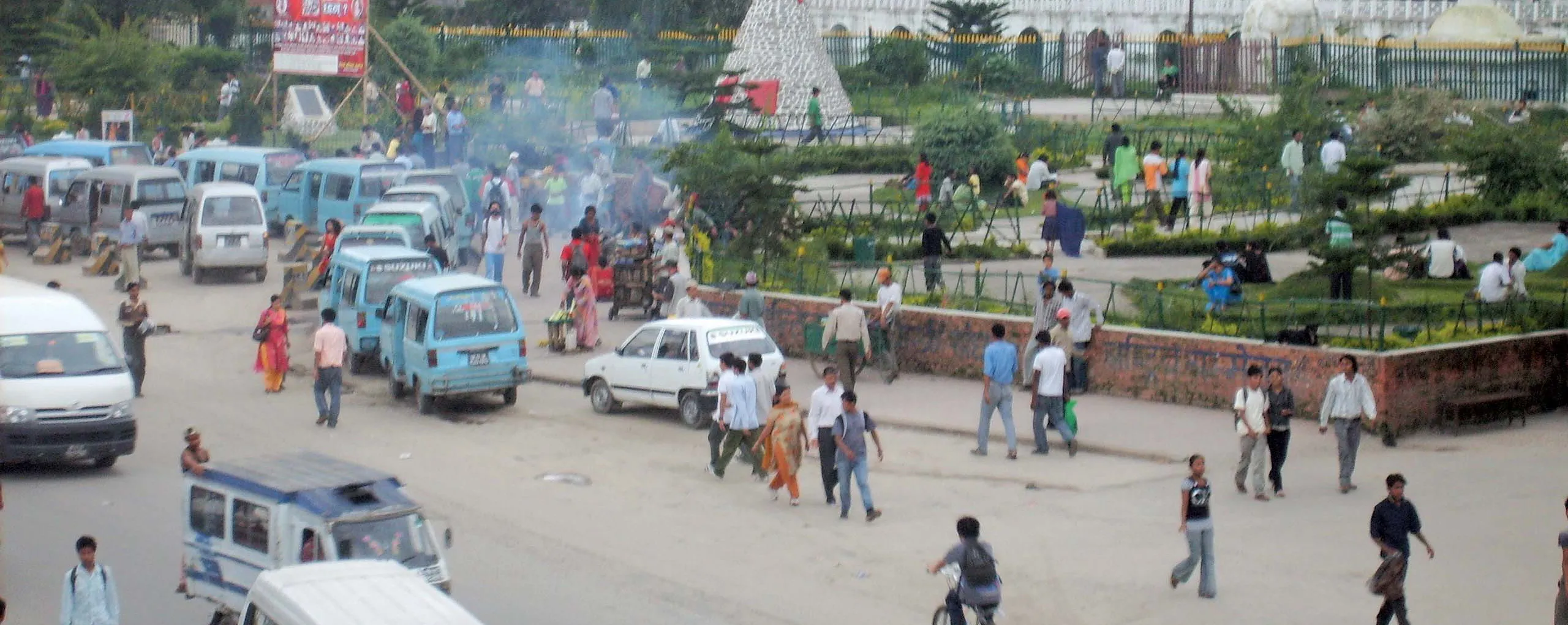A massive programme of infrastructure development is planned for East Africa that will help develop transport links and boost economic development. The projects will be implemented in Ethiopia, Kenya, South Sudan and Uganda. Roads and highways will be built and upgraded while new port facilities will be built. Also included in the programme will be an oil pipeline, rail links and fibre-optic cable installation. In all the Lamu Port-South Sudan-Ethiopia Transport (LAPSSET) Corridor project for East Africa wi
September 23, 2016
Read time: 2 mins
A massive programme of infrastructure development is planned for East Africa that will help develop transport links and boost economic development. The projects will be implemented in Ethiopia, Kenya, South Sudan and Uganda. Roads and highways will be built and upgraded while new port facilities will be built. Also included in the programme will be an oil pipeline, rail links and fibre-optic cable installation. In all the Lamu Port-South Sudan-Ethiopia Transport (LAPSSET) Corridor project for East Africa will cost in the region of US$24.7 billion.
The plans also call for the transport corridor to stretch right across the continent, connecting to the West Africa. The transport links would run to the cities of Douala-Lagos-Cotonou-Abidjan Corridor and given Nigeria’s economic strength amongst the West African nations in particular, this would be of enormous economic benefit to Africa as a whole.
The programme has received both regional and international support and was discussed in detail at the 2015 African Union general assembly.
One of the projects involves developing port facilities at Lamu in Kenya, with the work being carried out by the China Communications Construction Company (CCCC). This $479 million project will relieve the strain that Kenya’s port of Mombasa currently faces in that its existing facilities are running close to capacity.
The plans also call for the transport corridor to stretch right across the continent, connecting to the West Africa. The transport links would run to the cities of Douala-Lagos-Cotonou-Abidjan Corridor and given Nigeria’s economic strength amongst the West African nations in particular, this would be of enormous economic benefit to Africa as a whole.
The programme has received both regional and international support and was discussed in detail at the 2015 African Union general assembly.
One of the projects involves developing port facilities at Lamu in Kenya, with the work being carried out by the China Communications Construction Company (CCCC). This $479 million project will relieve the strain that Kenya’s port of Mombasa currently faces in that its existing facilities are running close to capacity.







